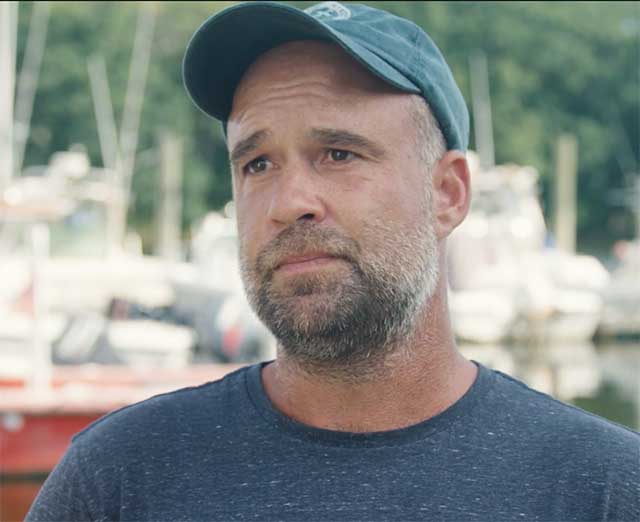Getting timely legal assistance can make all the difference for a farm, food business, or community organization. Just ask Suzie Flores and Jay Douglas of Stonington Kelp Company. Suzie and Jay, who operate their new kelp company in Long Island Sound, sought the Legal Food Hub’s help to form a business entity before their first kelp harvest.
In March 2018, the Legal Food Hub launched in Connecticut in partnership with the Ludwig Center for Community and Economic Development and the Environmental Protection Clinic at Yale Law School. The Legal Food Hub’s arrival in Connecticut has been an exciting opportunity to provide accessible legal assistance to farmers and food entrepreneurs in the state.
“The Legal Food Hub comes to Connecticut at a critical time for our state’s agriculture industry,” said State Rep. James Albis. “The average age of farmers in Connecticut is 59 years old – retiring farmers will need help in succession planning to make sure their farms are being preserved, and entrepreneurial farmers will need help getting started as many farms transition from one owner to the next. The Legal Food Hub can help fill the inevitable legal needs of farmers new and retiring alike.”
Since its launch, the Legal Food Hub has served 14 farmers, food entrepreneurs, and nonprofit organizations in the state. These participants include a mobile farmers’ market, a local refugee assistance project, a nonprofit educational farm, and a small food business that makes products with food that would otherwise be wasted. Our growing network of attorneys in the state has assisted with issues ranging from business formation and employment law to real estate transactions.
The Legal Food Hub has more work to do to support a resilient and sustainable local food system in Connecticut. One study found that only 10% of surveyed farmers use legal services, in contrast to 70% of small businesses in general. There are numerous legal needs associated with starting a farm or business, acquiring land, entering into contracts, transferring land to family members, and other essential business matters. Some farmers and food entrepreneurs who cannot afford legal fees either go without or pay more than they can afford, harming other aspects of their business’s economic viability.
As the Legal Food Hub continues to grow in Connecticut, we are eager to serve more innovative farmers and food businesses across the state. Local farmers and food businesses are at the heart of healthy and thriving communities. A sustainable food system is essential to the health, environment, and economic growth of our communities in Connecticut and throughout New England.
